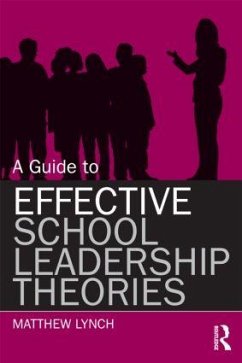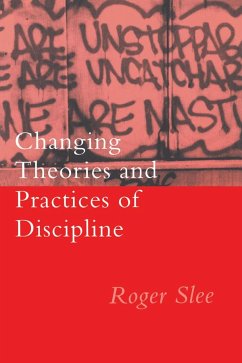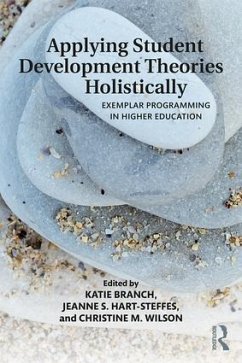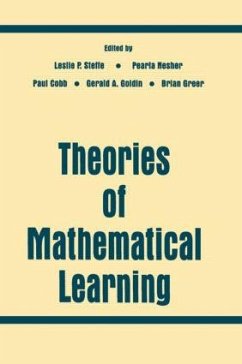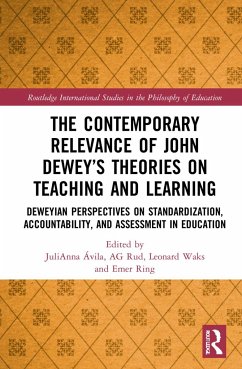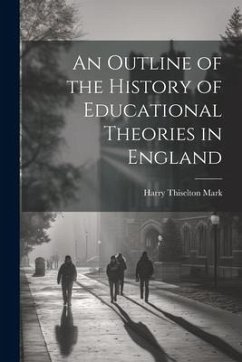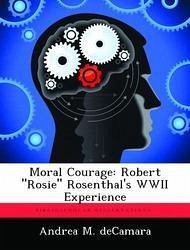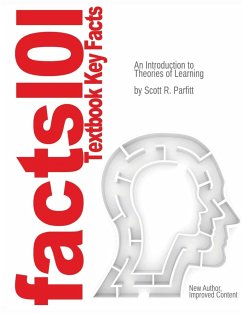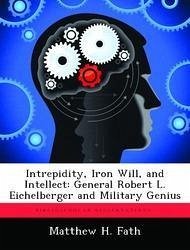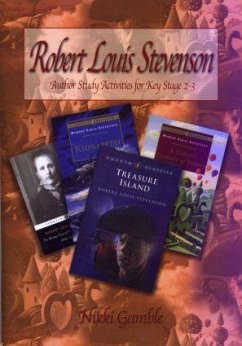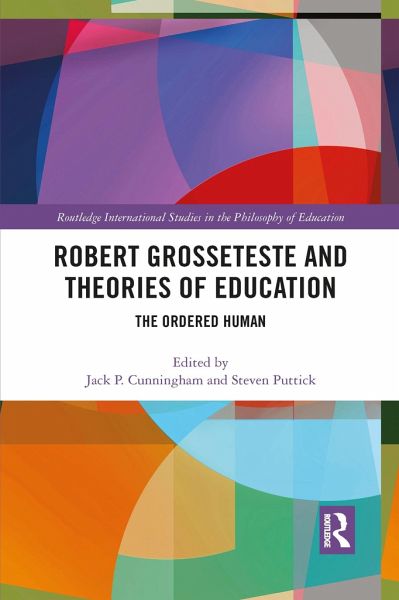
Robert Grosseteste and Theories of Education
The Ordered Human
Herausgeber: Cunningham, Jack P.; Puttick, Steven
Versandkostenfrei!
Versandfertig in 1-2 Wochen
53,99 €
inkl. MwSt.
Weitere Ausgaben:

PAYBACK Punkte
27 °P sammeln!
This book examines Robert Grosseteste's often underrepresented ideas on education. It uniquely brings together academics from the fields of medieval history, modern science and contemporary education to shed new light on a fascinating medieval figure whose work has an enormous amount to offer anyone with an interest in our educational processes. The book locates Grosseteste as a key figure in the intellectual history of medieval Europe and positions him as an important thinker who concerned himself with the science of education and set out to elucidate the processes and purposes of learning. T...
This book examines Robert Grosseteste's often underrepresented ideas on education. It uniquely brings together academics from the fields of medieval history, modern science and contemporary education to shed new light on a fascinating medieval figure whose work has an enormous amount to offer anyone with an interest in our educational processes. The book locates Grosseteste as a key figure in the intellectual history of medieval Europe and positions him as an important thinker who concerned himself with the science of education and set out to elucidate the processes and purposes of learning. This book offers an important practical contribution to the discussion of the contemporary nature and purpose of many aspects of our education processes. This book will be of interest to students, researchers and academics in the disciplines of educational philosophy, medieval history, philosophy and theology.





